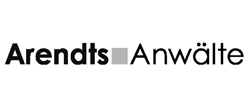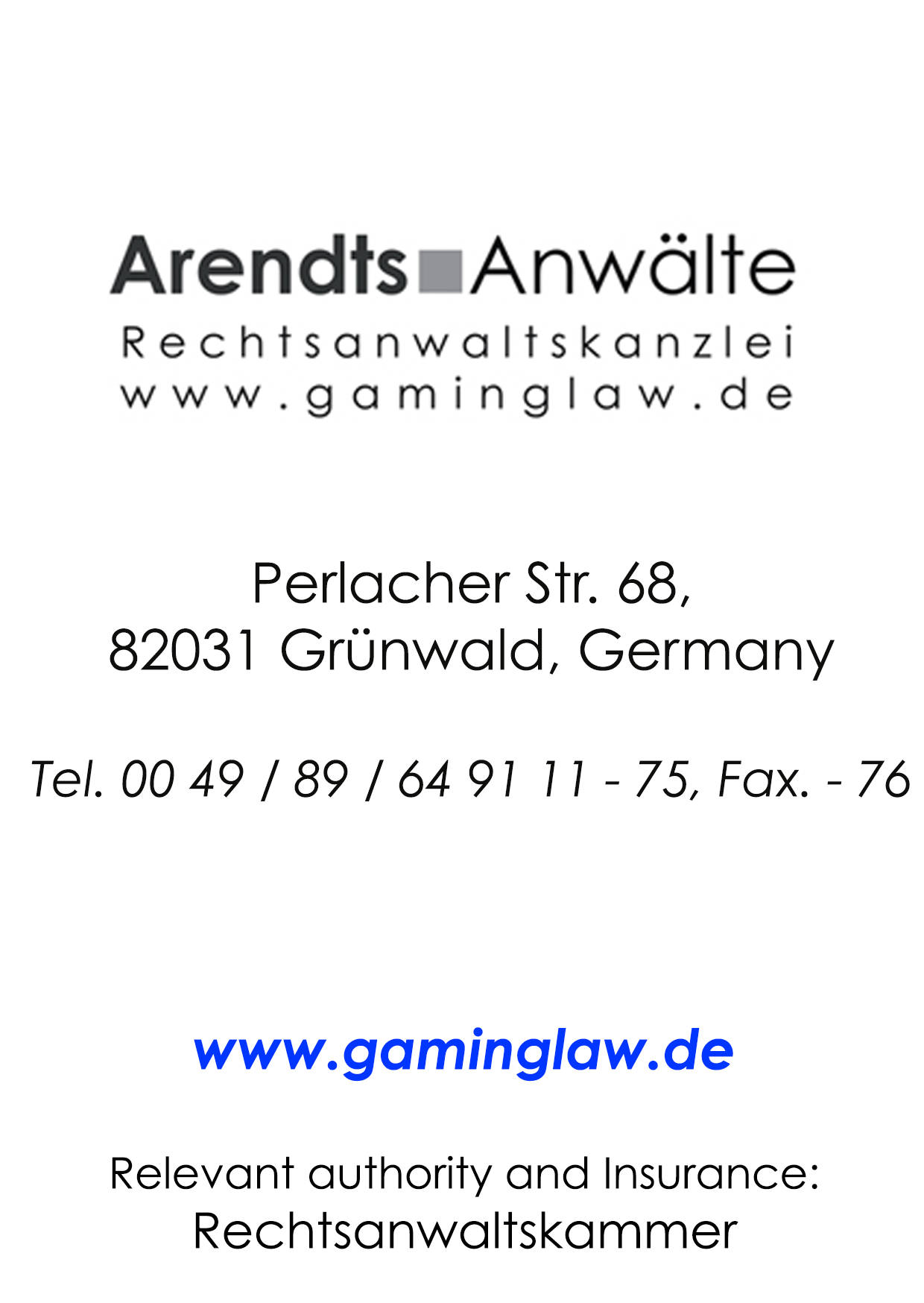http://www.e-comlaw.com/world-online-gambling-law-report/hottopic.asp?id=1366
_________________________________________________________________
In the decision of 23 March 2013, the Federal Patent Court in Munich ordered the cancellation of the trademark ‘TOTO’1. This trademark along with the gambling related trademark ‘LOTTO’2, was held by the member companies of Deutscher Lotto- und Totoblock (a cartel of the German state gambling operators). As a result of this decision, the state operators forfeit the protection of this trademark. Martin Arendts, Attorney-at-Law at Arendts Anwalte, discusses the decision. In the 1990s, Deutscher Lotto- und Totoblock filed trademark applications for descriptive terms related to sports betting and gambling (e.g. ‘TOTO’, ‘LOTTO’ and ‘ODDSET’3) and – as a monopoly operator (with no competitors) – was granted trademark protection. The state operators were not required to prove that these descriptive terms had acquired a secondary meaning as a trademark within the affected trade circles (‘Verkehrsduchsetzung’). Several state operators used these trademarks to foreclose the German market to operators from other EU Member States, for example WestLotto4 argued that the term ‘supertoto’ infringed the trademark ‘TOTO’ and claimed damages from several bookmakers, offering their services online over a website in German.In January 2005, the law firm ARENDTS ANWÄLTE, on behalf of a Maltese gambling operator, applied for a cancellation of the trademark ‘TOTO’ (filed with the trademark office by Deutscher Lotto- und Totoblock in 1996 and registered in 1997). In the infringement lawsuit, WestLotto had argued that ‘TOTO’ (a commonly used abbreviation of totaliser) was not descriptive, but an imaginary term, alluding to the German word ‘Tor’ (goal). In the trademark cancellation procedure, Deutscher Lotto- und Totoblock alleged that ‘TOTO’ had acquired a secondary meaning and had been extensively marketed since the 1950s. In 2009, on request of the German Patent and Trademark Office, the trademark owners presented a survey of an opinion research institute. According to this survey, ‘TOTO’ had acquired a secondary meaning with regard to the whole population 25.8% and with regard to persons not fundamentally disapproving of sports betting 29.7% (well below the 50%, usually required for descriptive terms as a minimum).
Nevertheless, the German Patent and Trademark Office declined to cancel the trademark5. It argued that although ‘TOTO’ was merely descriptive, it had to been proven that at the date of registration (August 1997) ‘TOTO’ had not acquired a secondary meaning. As the survey was conducted eleven years after the registration, this was not to be regarded as clear evidence. In the meantime, ODDSET had displaced TOTO as the common form of betting, according to the trademark office.
The Federal Patent Court overturned this decision. It pointed to the fact that ‘TOTO’ was an abbreviation of football toto and was merely describing a specific form of bet. Neither at the date of registration nor at the date of the court decision, had ‘TOTO’ acquired a secondary meaning. Such a secondary meaning could not be inferred from the fact that the trademark owners were monopoly operators for decades. As ‘TOTO’ was purely descriptive, a secondary meaning would have to be existent not only for a minimum of 50% of the affected trade circles, but more than 50%. Here, the affected circles were persons not fundamentally disapproving of sports betting. The negative result of the survey could not be offset by the millions spent on marketing by Deutscher Lotto- und Totoblock and the duration of its use.
In trademark cancellation procedures, the applicant has to bear the objective burden of proof. This means, if the question of whether a term has acquired a secondary meaning cannot be resolved, the trademark will not be cancelled. However, the cancellation of a trademark does not require doubtlessness, as the Federal Patent Court points out. Here, an overall appraisal of the survey and of all facts presented by the parties convinced the court that ‘TOTO’ had not acquired a secondary meaning at the date of filing and at the date of registration. The fact that ‘TOTO’ had acquired a secondary meaning with regard to less than 30% of the affected circles in 2009 infers that it had not acquired a distinctive character before. In addition to this between 1996 and 2009 there was not such a dramatic change of market conditions, that this could be seriously considered.
Martin Arendts M.B.L.-HSG Attorney-at-Law
ARENDTS ANWÄLTE
gaminglaw@anlageanwalt.de
2. Cancelled in 2006 by the Federal Court of Justice: Bundesgerichtshof, decision of 19 January 2006, file no. I ZB 11/04.
3. The Federal Patent Court declined to cancel this trademark, arguing that an absolute ground for refusal was not proven for the date of the registration. Bundespatentgericht, decision of 10 February 2009, file no. 27 W (pat) 131/08.
4. Westdeutsche Lotterie GmbH & Co. OHG, the state-owned operator of North-Rhine Westphalia.
5. Deutsches Patent- und Markenamt, decision of 2 February 2010, file no. 396 38 297.5/28 – S 11/05 Lösch.





